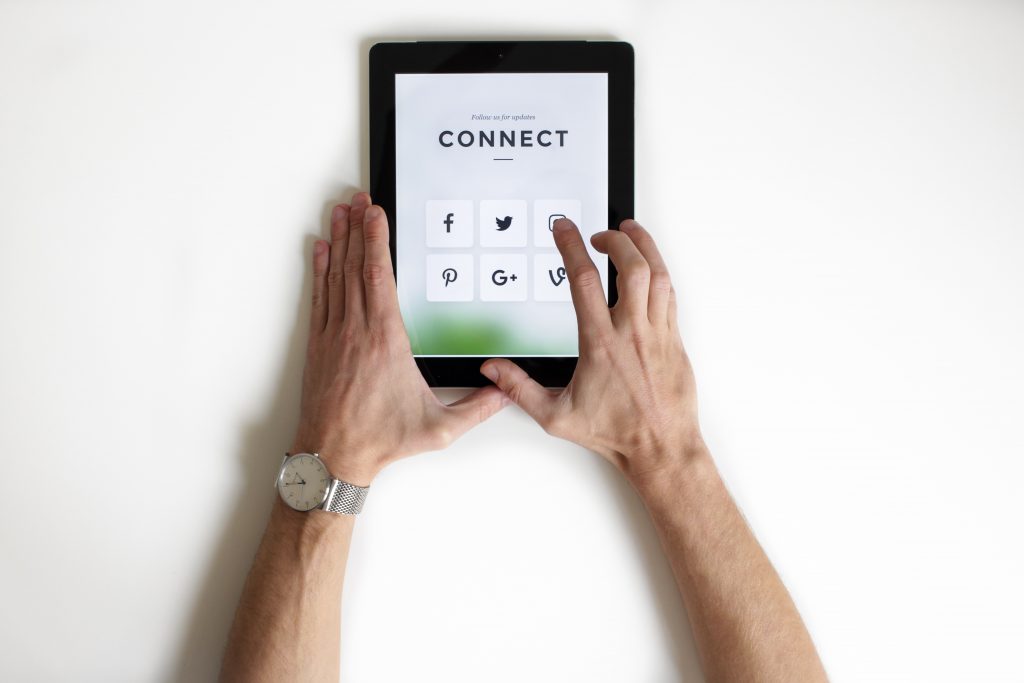Celebrity CSR
Published on October 11, 2019, at 1:30 p.m.
by Zoie Mestayer.
Celebrity endorsements are everywhere. Athletes pose on cereal boxes, pop stars are photographed wearing a certain brand of clothing, and famous actors appear on television ads in support of a candidate running for public office. It’s not hard to see why — studies have shown that consumers and other key publics respond well to seeing a familiar face tied to an organization.

For years, these relationships have proven their worth to public relations and advertising practitioners in the form of sales and clicks — in fact, they’re psychologically confirmed. The parasocial relationships that fans experience with their favorite stars make them feel connected to the celebrity. This translates into instant credibility for both the celebrity and the brand and, to their PR teams’ delight, behavioral and attitudinal changes amongst consumers and fans alike. Such partnerships also generate newsworthiness and can quickly launch the brand into the mainstream, collecting millions of impressions along the way.
The advent of social media only amplifies the effectiveness and prevalence of these tactics, offering the perfect platform for celebrity partners to spread the word about their affiliate brands. Just five minutes of casual scrolling on Instagram can produce a number of examples, like Serena Williams for Nike or Cardi B for the Bernie Sanders campaign. Additionally, social media has streamlined and simplified the path to fame, paving the way for even more future celebrities to sign endorsement deals once they’ve hit it big. These platforms are great tools for aspiring stars to create well-rounded and established personal brands that are primed for partnerships.
This shortcut to stardom does not come without its pitfalls, however. Social media allows anyone to see into a celebrity’s life — and the public doesn’t always like what it sees.
Because of this newfound cancel culture, society’s expectations for celebrities have shifted, mandating a similar form of corporate social responsibility (CSR) that we have historically associated with for-profit organizations. The reasoning is simple: These individuals can manipulate public opinion with such ease, so why not use this influence for good? Celebrities are realizing this and aligning themselves with movements they’re passionate about, from crowd-pleasing causes like cancer research, to controversial ones like abortion rights.
Brands, both for-profit and nonprofit, can utilize this new framework to form meaningful relationships with celebrities — as long as it’s for a good cause. Recently, Adidas and Stella McCartney collaborated on the creation of a post-mastectomy sports bra for Breast Cancer Awareness Month. This partnership is a perfect example of celebrity and organizational CSR coming together in perfect harmony — creating an abundance of good publicity and goodwill.
However, to create a beneficial partnership, the brand has to do its homework and make sure the celebrity is a good fit. One misstep can do significant damage to a celebrity’s image and, by extension, any brands he or she is affiliated with. Such bad press can have the opposite effect on a CSR campaign designed to do some good.

Celebrities and public relations professionals (on behalf of the brands they represent) are both given an amplified voice in our society, and this comes with an obligation to use it wisely and give back whenever possible. By working together, they can reach even wider audiences and make an even bigger difference. Regardless of whether or not the goal is CSR, they both must do their due diligence to ensure they aren’t doing more harm than good. Philosopher Voltaire said it best: “With great power, comes great [corporate social] responsibility.”




